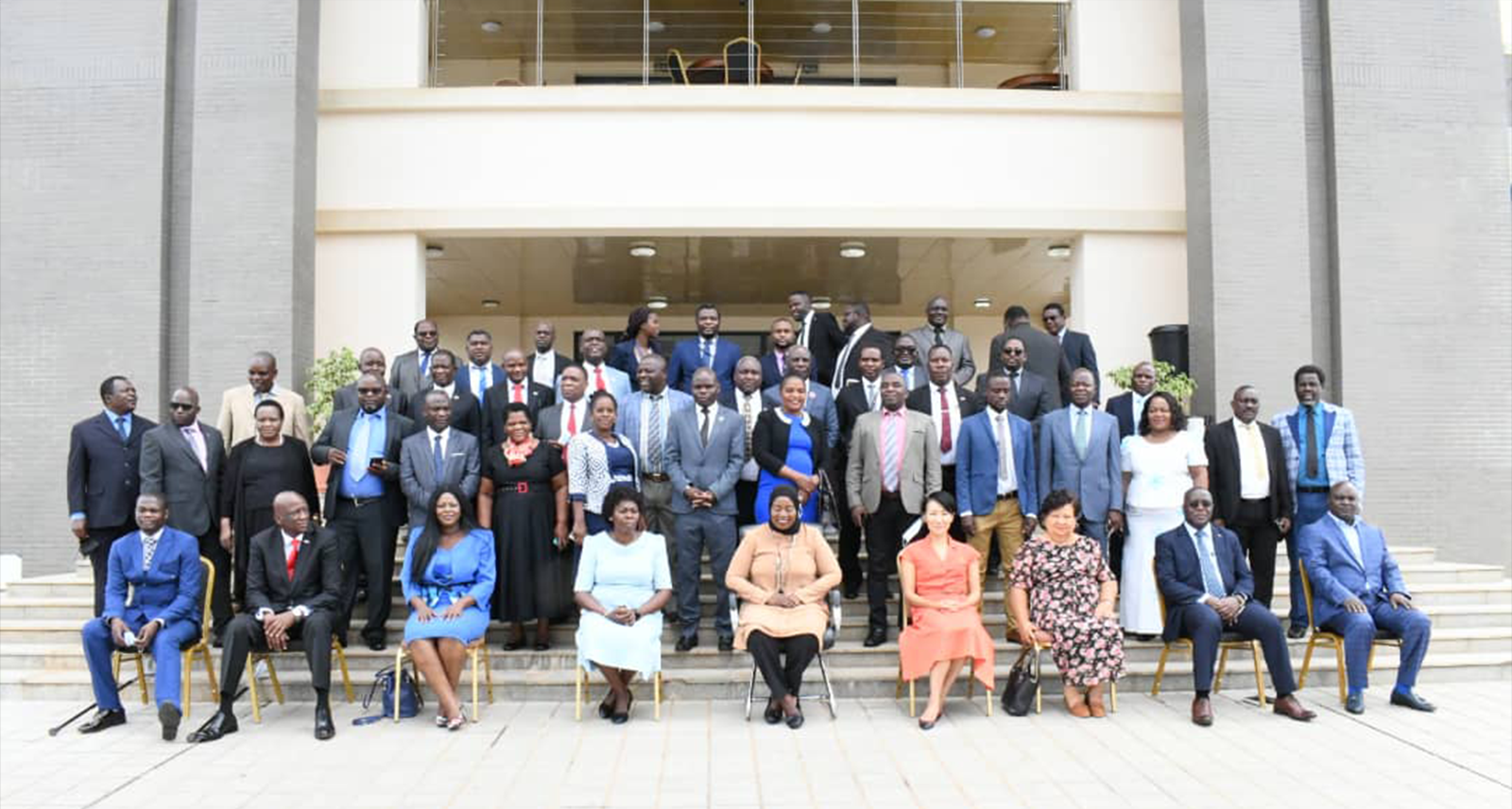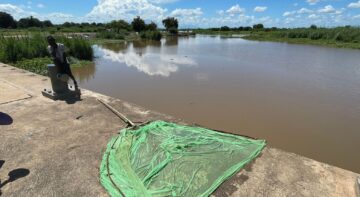Blogs

On 30th March 2022, the African Institute for Development Policy (AFIDEP) in partnership with United Nations Population Fund (UNFPA) and the BUILD Project engaged the Malawi Members of Parliament on a capacity building workshop. The engagement sought to enhance the Parliament’s capacity in integrating population in the planning, handling and analysing of the national budget.
In a presentation on Integration of Population in Development Planning and Budget Analysis, Professor Nyovani Madise, Director of Research for Sustainable Development Policies and Head of the Malawi office said “Malawi has a youthful population hence there is need to invest more in children and youth services to ensure that the population is healthy and educated.”
Population dynamics is a critical factor that can shape the socio-economic development trajectories of countries through changes in the population age structure. A significant increase in the working-age population relative to the dependent population (i.e., children and the elderly) provides countries with a window of opportunity to accelerate economic growth through increased productivity, savings and investments.
The demographic dividend, therefore; offers Malawi an opportunity to stimulate economic development and improved well-being for its people in less than 30 years, but its success requires immediate integration of demographic, economic, and social policies . When investments in family planning and women’s empowerment programs that promote demographic change are matched with improvements in human capital and a favourable economic environment, the benefits of the dividend will be powerful.
Dr Bernard Onyango, Senior Research and Policy Analyst at AFIDEP, echoed Prof. Madise’s sentiments saying, “An integrated approach to challenges in population and the environment can help decrease the population pressure on the environment and improve food security and nutrition; leading to better health outcomes.”
The training was attended by development partners, Members of Parliament and heads of parliamentary committees including the Budget and Finance Committee, Government Assurances Committee and the press.
During the workshop, the Second Deputy Speaker of Parliament, Honorable Aisha Adams (MP) said “Despite having recently passed the 2022/2023 budget, my expectation from this workshop is that Members of Parliament will gain skills to understand and analyse the national budget and public expenditures during the subsequent budget meetings of parliament. I hope that the workshop will result in high-quality debates of the national budget and effective allocation of resources in all sectors. The knowledge acquired here will be used to critically analyse the budget during the mid-year review and other subsequent budgets to come”
Speaking in an interview, Honorable Gladys Ganda (MP), who is also the Chairperson for the Budget and Finance Committee, reiterated the sentiments that the workshop has come at the right time after the budget has been passed. “This training is very crucial as Members of Parliament will be in a position to look at the budget against the population. The population growth rate is alarming and as we come up with development work, we need to project and predict the number of people to benefit from it.” She added, “The new Malawi Investment Plan (MIP) which will run for ten years, needs to focus on the population and when planning; it should align to the resources available.”
In the last five years, AFIDEP has worked with parliament to enhance its effectiveness in the delivery of its functions. The workshop was made possible with support from UNFPA and USAID under the BUILD Project. The project seeks to achieve strong political commitment, sustained financial resources and accountability for voluntary family planning and reproductive health.
Related Posts





